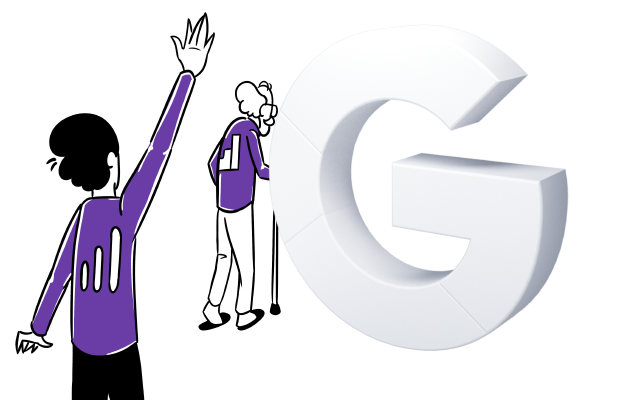-
Is Google Analytics HIPAA-compliant?
If you use Google Analytics or similar software, you’re likely already optimizing your website to serve your customers better. But what about Google Analytics and HIPAA compliance? In short – if you’re a HIPAA-covered entity, using GA4 puts you at serious risk of a HIPAA breach. Google states that Google Analytics doesn’t satisfy HIPAA requirements. And…
-
HIPAA-compliant marketing & advertising: How to run compliant campaigns in healthcare
Healthcare organizations deal with tons of sensitive information concerning people’s health. It needs to be handled with proper care. In the US, safe parameters for using this kind of data in different contexts, including marketing, are set by HIPAA. Unfortunately, many companies are still unaware of the provisions of the law and the potential consequences…
-
PHI vs PII in HIPAA: Healthcare marketing compliance guide
Personally identifiable information (PII) and protected health information (PHI) may seem similar. However, there are critical distinctions between the two. While PII is a catch-all term for any information that can be associated with an individual, PHI applies specifically to HIPAA-covered entities dealing with identifiable patient information. Keeping HIPAA compliant and protecting patient information requires…
-
Banking website analytics for financial services: Tracking without compromising customer trust
You don’t have to choose between insights and trust – modern banking analytics can deliver both when implemented correctly. This article explores best practices and recommended steps for banking website analytics, as well as ways to avoid common pitfalls to ensure compliance without sacrificing the quality of insights.
-
Five things every marketer should know about web analytics in 2026
Web analytics is changing fast. AI is moving from buzzword to actual business impact, privacy rules keep shifting on both sides of the Atlantic, and marketing teams are rethinking their tool stacks. What does this mean for analytics strategy in 2026? We asked industry experts to share their predictions.
-
First-party analytics without consent: Your Digital Omnibus compliance guide
The Digital Omnibus is the European Commission’s simplification initiative to modernize the EU’s digital rulebook and reduce consent fatigue. The framework would enable first-party analytics without consent when specific criteria are met, ending years of uncertainty about the use of legitimate interest for web statistics.
-
Digital marketing in the energy sector: Key challenges and fixes
Summary The European energy and utilities sector is changing quickly. Customers expect smooth digital experiences, personalized communication, and easy access to their data. At the same time, regulators continue to tighten privacy and security standards across the EU. For marketing teams, this creates a familiar dilemma – how to deliver relevant, data-driven experiences while staying
-
Life after Google Analytics: Why EU organizations are going local
When Universal Analytics was phased out in 2023, and Google Analytics 4 (GA4) rolled out with complexity, many European organisations were forced to rethink how they measure success. For more and more, the solution is clear: use analytics built for Europe, by Europe. Why sovereignty matters Data sovereignty isn’t just a buzzphrase. Under GDPR and
-
Global data centers: secure, GDPR-compliant analytics hosting with Piwik PRO
As digital privacy regulations tighten and performance expectations rise, organizations are rethinking how and where their analytics data is hosted. Data centers play a central role in this shift, providing the infrastructure that powers secure, compliant and high-performance analytics solutions across the globe. Piwik PRO makes it easy to align your data strategy with local
Category: Analytics
194
results
Categories
- Analytics (194)
- Banking & finance (15)
- Comparisons (15)
- Consent Manager (9)
- Conversion optimization (24)
- Customer data platform (20)
- Data Activation (10)
- Data management (53)
- Data Privacy & Security (4)
- Data privacy & security (130)
- GDPR (56)
- Government (8)
- Healthcare / HIPAA (22)
- Interviews (24)
- News & releases (48)
- Personalization (1)
- Personalization (23)
- Product best practices (26)
- Tag Manager (10)
- Use cases (36)
Newsletter
Sign up to receive the latest Piwik PRO news and insights in your inbox.

















